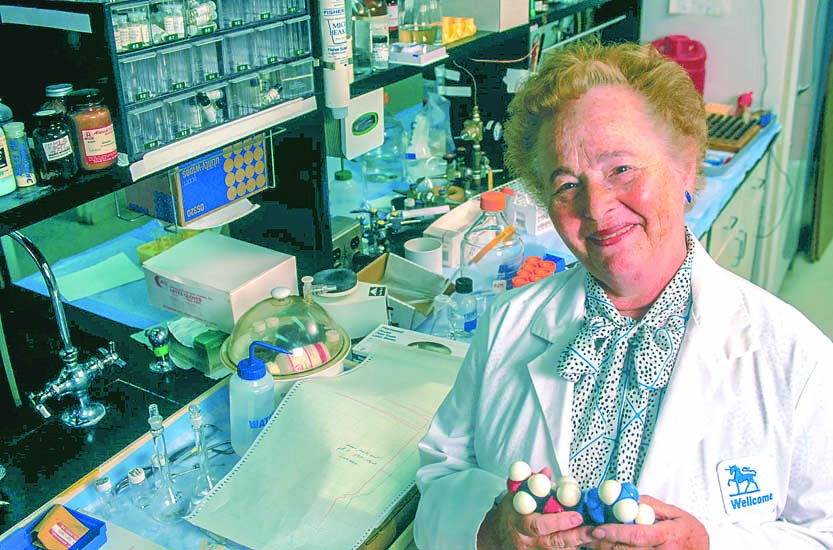Who and when discovered rational drug design?
A drug that can affect the metabolism of only one type of virus or cancer cell and has no other side effects is the dream of medical doctors. These drugs, called antiviral drugs, invented by the scientists of the United States, George Hitchings and Gertrude Ellon, have revolutionized the medical world.

Hitchings hired Elion to work together in his lab in 1944, and together they conducted a series of research to learn how DNA is synthesized in normal human cells, cancer cells, bacteria, and other viruses. Hitchings and Elion produced a nucleic acid-like compound that is one of the building blocks of DNA. This composition inhibits the replication of a virus or cancer; however, it did not harm healthy cells. This drug production method, which they developed in 1979, was a revolution in the pharmaceutical industry. Because of this, "intelligent" drug design became possible. Rather than trying to find a chemical that would take a long time and eventually cause a disease, the team developed molecules that could only be accepted by foreign entities and absorbed effectively, making it possible for the drug to reach its target point directly. The group of drugs developed by this method is called antiviral drug.
George Herbert Hitchings (April 18, 1905 – February 27, 1998) was an American medical doctor who shared the 1988 Nobel Prize in Physiology or Medicine with Sir James Black and Gertrude Elion "for their discoveries of important principles for drug treatment", Hitchings specifically for his work on chemotherapy.
Hutchings and Elion, working on different antiviral drugs for forty years, developed a therapeutic molecule with a new drug feature every day. Their work paved the way for the first drug developed against blood cancer, gout, jaundice, herpes, transplant rejection, arthritis, rheumatism, and even AIDS. Hitchings and Elion were awarded the 1988 Nobel Prize in Medicine. In the same year, James Black was awarded the Nobel Prize in the same category for the beta blocker he developed for high blood pressure and the antidote he developed for ulcers.
Gertrude "Trudy" Belle Elion (January 23, 1918 – February 21, 1999) was an American biochemist and pharmacologist, who shared the 1988 Nobel Prize in Physiology or Medicine with George H. Hitchings and Sir James Black for their use of innovative methods of rational drug design for the development of new drugs.
As a result of all this, it has been proven that chemistry can be used to fight both infections and cancer.
